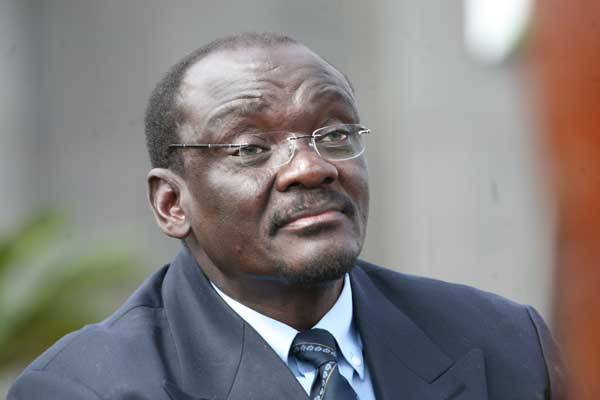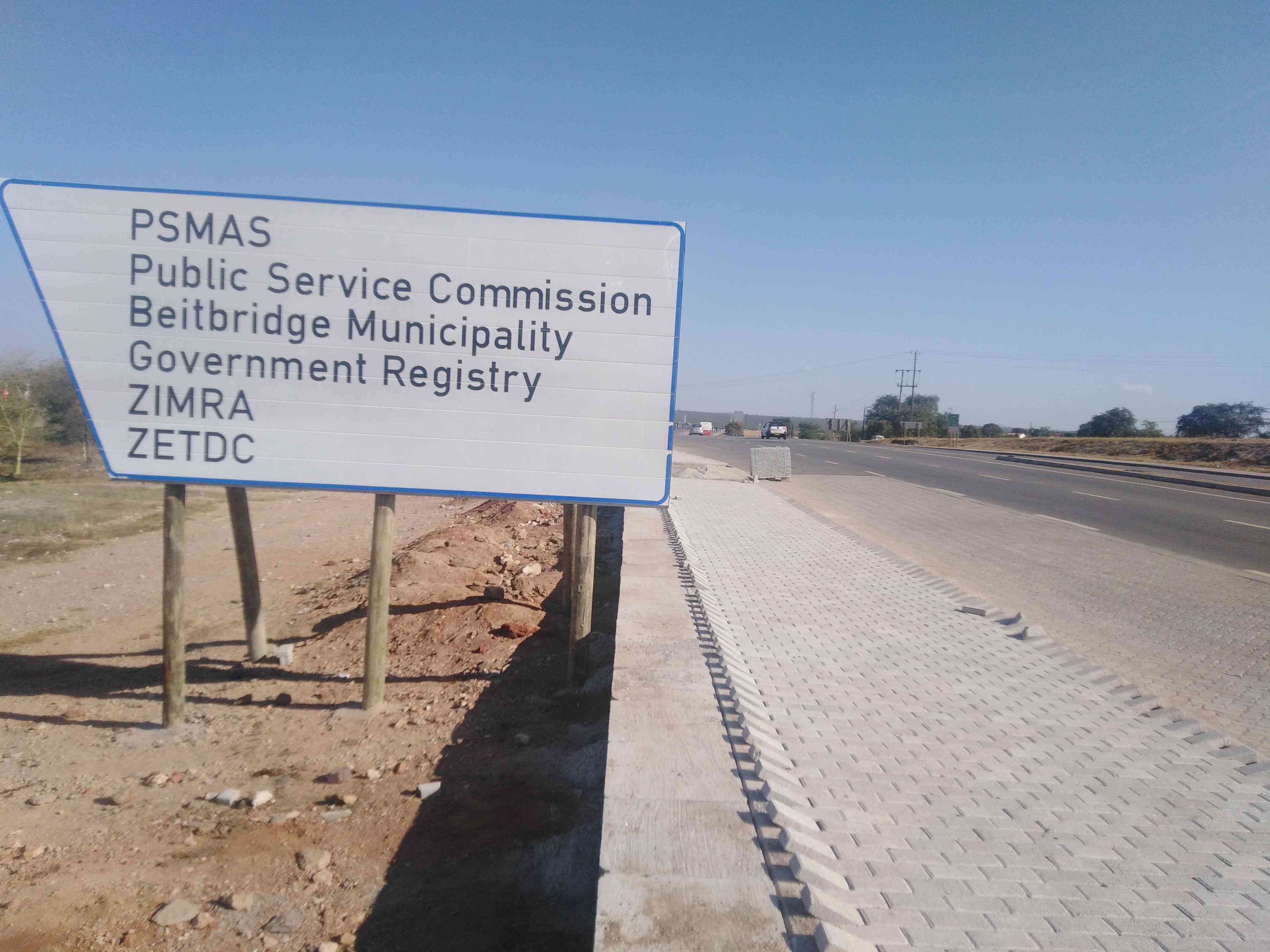
VICE-PRESIDENT Kembo Mohadi has overhauled infrastructure at Mtetengwe Primary School upgrading the school’s infrastructure with a state-of-the-art computer lab and a solar-powered nutrition garden.
Mohadi also refurbished classrooms marking a significant milestone in the second republic’s mission to democratise access to technology and education in underdeveloped regions.
Speaking at the commissioning ceremony recently, Mohadi hailed the development as a beacon of progress, aligned with President Emmerson Mnangagwa’s mantra of “Leaving no one and no place behind”.
“This is more than infrastructure, it is about creating equal opportunities and nurturing young minds with the tools they need to thrive in the 21st century,” he said.
The school’s new computer laboratory is fully equipped with 25 desktops, 30 laptops and modern digital monitors, a rare resource in many rural institutions.
The facility will support digital literacy from an early age, reinforcing the government’s broader educational reforms aimed at fostering a tech-savvy generation.
The upgrades form part of a wider national strategy under the second republic to digitally empower communities, which has seen similar developments in Rushinga, Tsholotsho and Gokwe.
These projects reflect the government’s sustained push to narrow the rural-urban digital divide and expand access to quality education.
- NoViolet Bulawayo’s new novel is an instant Zimbabwean classic
- Jah Prayzah, Zanu PF rekindles ‘lost love’
- Bank workers appeal to Ncube for tax relief
- Indosakusa marks 21-year anniversary milestone
Keep Reading
The Mtetengwe computer lab was made possible through a strategic public-private partnership.
NetOne Cellular played a central role in both funding and equipping the facility, a model the government hopes to replicate across more districts.
In addition to the lab, the school now boasts a solar-powered nutrition garden designed to enhance food security, teach sustainable agriculture and improve pupil health. Four refurbished classroom blocks also provide a more inspiring, safe and learner-friendly environment.
The commissioning event followed the Run for Hope Half Marathon, an initiative promoting physical fitness and raising awareness on drug and substance abuse among youths, a growing concern in both urban and rural communities.
Local leaders, teachers, parents, and pupils celebrated the improvements as a turning point for the region.










